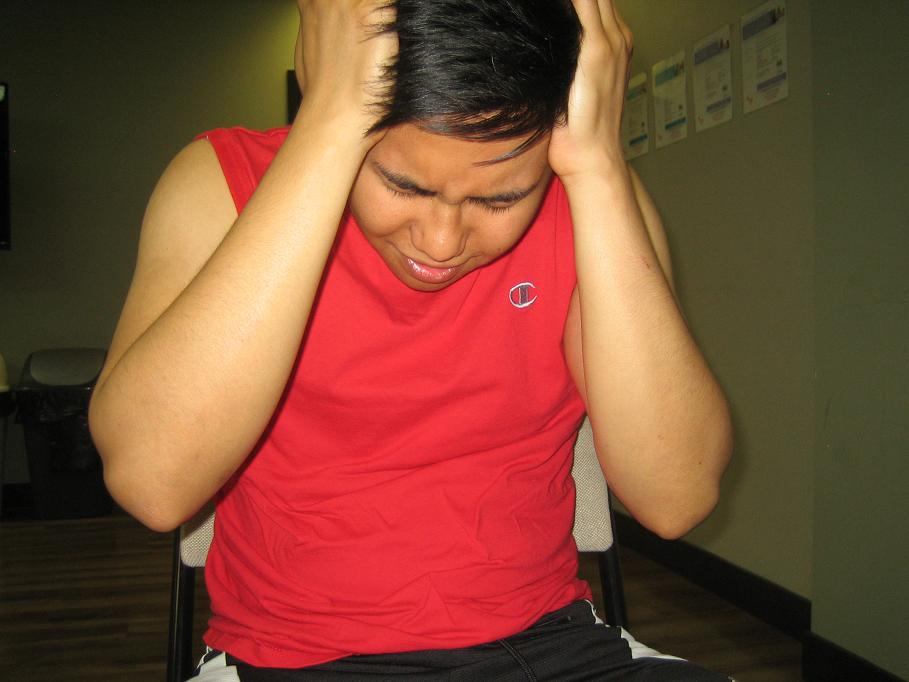Ringing in the ears or tinnitus is described as a buzzing noise in the ears. Aside from the ringing, there is also buzzing, roaring, hissing and whistling. Even though the individual can hear sounds in his/her ears, there is no external source.
Ringing in the ears can be frustrating and an annoyance. Oftentimes, the sounds heard can disrupt hearing the actual sounds in the surroundings. It can occur with anxiety, depression and stress. One or both ears can be affected and individuals of all ages can develop tinnitus but quite common among the older adults.
It can be categorized as objective or subjective.
- Objective tinnitus – due to abnormal blood vessels in and around the ears. When the heart beats, others around can hear a distinct pulsating sound.
- Subjective tinnitus – prevalent type that only the individual can hear.
Ringing in the ears can be frustrating and an annoyance. Oftentimes, the sounds heard can disrupt hearing the actual sounds in the surroundings.
What are the causes?
If there is damage to the middle or inner ear, it can result to ringing in the ears. The middle ear is responsible for picking up sound waves and initiates the inner ear to send out electrical impulses to the brain. Once the brain receives these signals and translates them into sounds, it is the time that the individual can hear them. Oftentimes, the inner ear is subjected to damage, thus altering the way in which the brain processes sound.
Exposure to very loud sounds regularly can cause ringing in the ears in some individuals. Those who use loud and heavy equipment are also at risk. Listening to loud music via headphones or at rock concerts can cause brief symptoms of the condition.
Certain medications can also lead to ringing in the ears and hearing loss in some individuals such as the following:
- Diuretic medications
- High doses of aspirin or using more than 12 doses on a daily basis for an extended period
- Cancer drugs
- Antibiotics such as gentamycin and erythromycin
- Antimalarial drugs
Management of ringing in the ears
The doctor will deal with any underlying medical condition that causes the ringing in the ears. The doctor treats any abnormalities with the blood vessels and eliminate any excess earwax. If medications are the culprit, the doctor might prescribe a different medication to restore normal hearing.
Drug therapy
Drug therapy can be used to minimize the sounds heard in the ears. Antianxiety drugs and tricyclic antidepressants can reduce the sounds in some cases.
Home remedies
There are noise suppression devices that help dull the buzzing, ringing or roaring which provides relaxing noises that masks the ear sounds. A masking device similar to a hearing aid can be used which is inserted into the ear.
Lifestyle modifications
There are steps to manage ringing in the ears by minimizing stress. Remember that stress will not cause the condition but can worsen it. The individual should engage in a relaxing hobby or spend time with family or friends. In addition, avoidance of loud noises can help lessen the severity of the sounds.
Hearing aids
Hearing aids are highly beneficial for those who experience ringing in the ears. Amplification of the sound can help those who have difficulty hearing the normal sounds due to the ringing.
Cochlear implants
The cochlear implants that restore hearing loss might also be effective. The device allows the brain to bypass the impaired region of the ear to facilitate better hearing. A microphone is implanted above the ear which works with an electrode that is inserted into the inner ear.
The implant transmits the auditory nerves the signals it requires to process sound. The implants and other types of electrical stimulation can assist the brain in interpreting the sounds properly.


